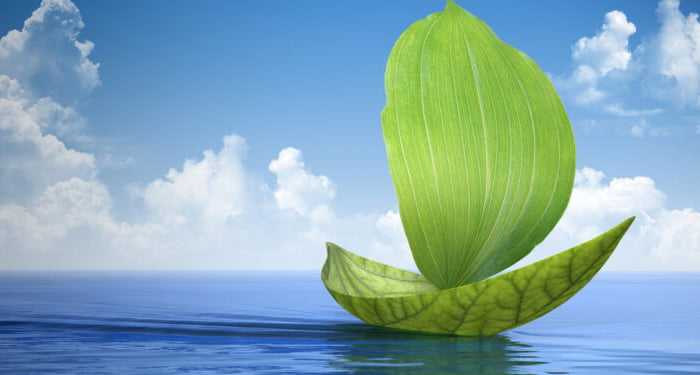Soren Skou, the CEO of Maersk admitted to CNBC that shifting to “green” fuels would come at a cost. However, he emphasized the importance of focusing on the bigger picture rather than short-term pain.
Recently, Maersk announced new aspiring emissions targets expected to align the company with the pathway to limit global warming to 1.5°C.
What is more, the company aims to achieve net zero supply chains to customers by 2040.
Earlier, in December 2018, Maersk launched a pledge to be carbon neutral by 2050. Now, the company announced a new commitment to “act now and drive material impact in this decade, and a commitment to deliver net zero supply chains to customers by 2040.”
Moreover, Maersk notes that 25% of all cargo will be transported using green fuels, with its 2021 volume growth showing “continued high customer demand for our green ocean solutions.”
In this aspect, Maersk exercised options with Hyundai Heavy Industries (HHI) to build four more dual-fueled vessels able to operate on methanol.
The vessels will be delivered in 2025, following the delivery of eight similar vessels that were ordered in August 2021, and are expected to be delivered during the first quarter of 2024.
“When we embark on this carbon neutrality journey, we are going to use green fuels,” Mr. Skou said, adding that as a starting point, these fuels were “probably two to three times much more expensive”.
However, he noted that the company is “looking at this over a 20 year horizon and therefore, we think that the inflationary impact will be very modest when it comes out to the consumer.”
According to the International Energy Agency, international shipping was responsible for approximately 2% of “global energy-related CO2 emissions in 2020.”





























































